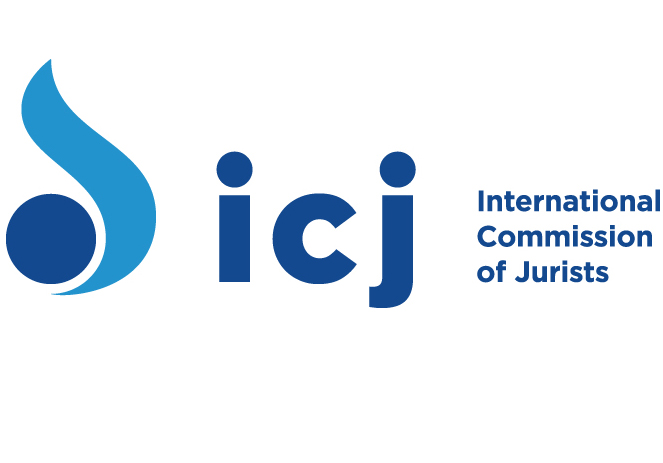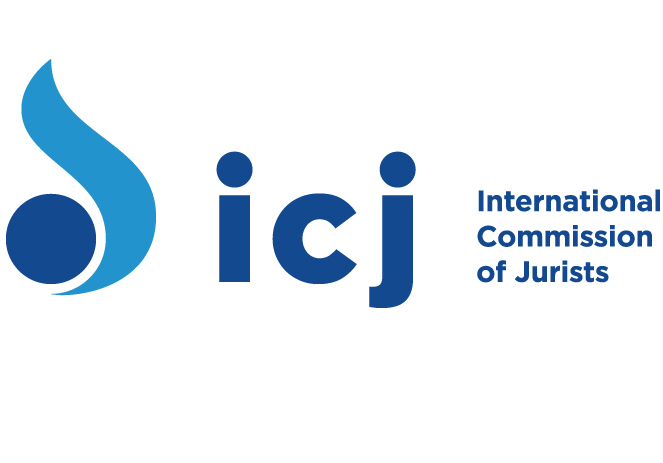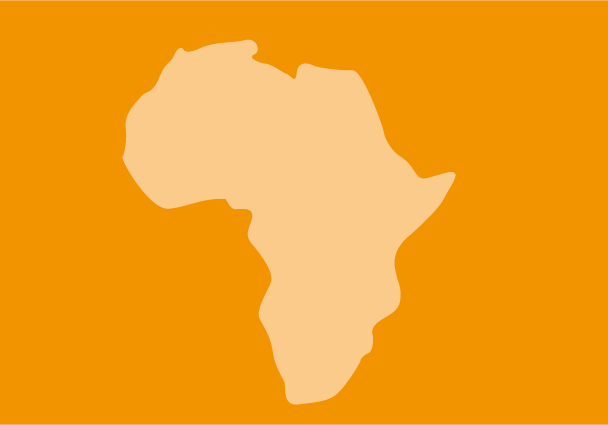
Aug 22, 2010 | Agendas
The scale of human rights violations committed by the armed forces, police and rebel groups in the Democratic Republic of Congo has meant that little attention has been directed to other failings of the justice sector, including the inadequate regulation of companies and the lack of effective remedies for victims of corporate abuse of human rights. Several studies and reports on human rights violations in the DRC have established the extent of corporate involvement or complicity and the State failure to protect people against violations by business corporations. It is necessary to mobilize and strengthen the capacity of legal professionals to use the law to ensure greater accountability by business for their numerous violations and that victims of such violations be afforded effective redress
The International Commission of Jurists (ICJ) in conjunction with Open Society Initiative for Southern Africa, the African Association for the Defense of Human Rights and the SADC Lawyers Association will, at the sidelines of the Annual General Meeting of the SADC Lawyers Association,hold on 22nd August 2010 a Lawyers’ Dialogue on “Business Involvement in Human Rights Violations and Victims’ Access to Justice in the Democratic Republic of Congo”.
The Dialogue is intended to bring together experts from the DRC and SADC legal fraternity in a one-day activity to reflect on how human rights law can creatively and effectively be used to bring business entities and players to respect human rights standards and to account for their involvement or complicity in violation thereof. In exploring this key question, the following subsidiary questions shall be answered:
- What is the current status of DRC laws regarding business activities in the country?
- How can business entities and actors be held accountable under international and DRC laws?
- How could international criminal law and regional as well as sub-regional legal frameworks be used to punish and prevent corporate involvement in international crimes in the DRC?
- How effective is the domestic civil liability regime in respect of business involvement in gross human rights abuses?
What are the obstacles facing access to justice for victims of business gross human rights abuse in the DRC, and how can they be overcome?
DRC-dialogue violation justice-agenda-2010 (full text in English, PDF)
DRC-dialogue violation justice-agenda-2010 (full text in French, PDF)

Aug 12, 2010 | Agendas, Events
The ICJ has invited to a 4-day Camp around 35 experts from the SADC regions to exchange experience, identify risks, difficulties and opportunities for a better protection and enjoyment of ESC rights.
Although economic, social and cultural rights continue suffering from prejudices against their legal nature and their ability to be enforced by courts, developments in international and national law in the last two decades have reinforced their status as “real” human rights as well as their equal value and importance.
At the regional level, the African Charter on Human and Peoples’ Rights particularly emphasizes the interdependence of human rights. Moreover, the Charter does not differentiate between provisions for the realization of economic, social and cultural rights and those for the realization of civil and political rights.
Such equal treatment provides the possibility to challenge states’ reluctance or failure to protect, promote and fulfill socio- economic rights in the South Africa Development Community (SADC).
However, most challenges to human rights violations in the SADC region have tended to focus on violations of civil and political rights even though economic and social rights are daily concerns of the people. This gap is particularly due to a lack of capacity of the lawyers and human rights activists as well as social justice practitioners who are interested in socio-economic rights advocacy and litigation.
In order to contribute to reduce this gap, the Africa regional office of the International Commission of Jurists has invited to a 4-day ESCR Camp around 35 experts from the SADC regions. Together with international experts on economic, social and cultural rights, the participants will, exchange experience, identify risks, difficulties and opportunities for a better protection and enjoyment of these human rights.
South Africa-ESCR advocacy litigation-agenda-2010 (full text in English, PDF)
South Africa-ESCR advocacy litigation-event-2010 (ful text in English, PDF)

Jun 22, 2010 | Agendas
On 21-22 June 2010, the ICJ in collaboration with the UN High Commissioner on Human Rights organized an Expert Consultation on a proposed Optional Protocol to establish a communication procedure to allow for children who are victims of human rights violations to seek a remedy before the UN Committee on the Rights of the Child. Participants in the meeting included the Chairperson and Vice-Chairperson of the Committee on the Rights of the Child and the Chairperson-Rapporteur of the Open-Ended Working Group on an Optional Protocol. The UN Open-Ended Working Group on an Optional Protocol to the Convention on the Rights of the Child will next meet in December 2010 to discuss a draft text presently being prepared by the Chairperson-Rapporteur of the Open-Ended Working Group, Mr. Drahoslav Stefane.
Switzerland-expert consultation CRC-agenda-2010 (full text in English, PDF)

Jun 18, 2010 | Agendas
Treaty-bodies have a special role in monitoring State compliance with human rights treaty obligations and providing guidance to States Parties on how to fulfil those obligations. The workshop afforded an occasion for in-depth examination and interaction between the committees on the impact that activities of transnational corporations have in the implementation of treaty obligations, providing a comparative and informed perspective on approaching these issues and encouraging coordinated action.
Switzerland-workshop transnational corporations-agenda-2010 (full text in English, PDF)

May 30, 2010 | Agendas, Events
This symposium brought together African judges, lawyers, media actors, academics and human rights groups to enhance their participation in the Review Conference of the States Parties to the Rome Statute.
Co-hosted by the ICJ, the Human Rights Network of Uganda (HURINET-U) and the Uganda Coalition on the International Criminal Court (UCICC) in the last days leading up to the ICC Review Conference, the symposium focused on discussions around the four stocktaking issues – complementarity, cooperation, the impact of the Rome Statute system on victims and affected communities, and peace and justice – for which the participants identified urgent problems, articulated key priorities and recommended to the Assembly of State Parties actionable policies in a communiqué, which was handed over to Ambassador Christian Wenaweser, President of the Assembly of State Parties to the Rome Statute.
Uganda-symposium stocktaking processes-event-2010 (full text in English, PDF)
Uganda-symposium stocktaking processes-agenda-2010 (full text in English, PDF)
Uganda-communique state delegates-event-2010 (full text in English, PDF)

Oct 28, 2009 | Agendas, Events
This Regional Conference is organized by the ICJ, Friedrich-Ebert-Stiftung and the International Trade Union Confederation.
SouthernAfrica-regionalconf-events-agenda-2009 (full text, PDF)










